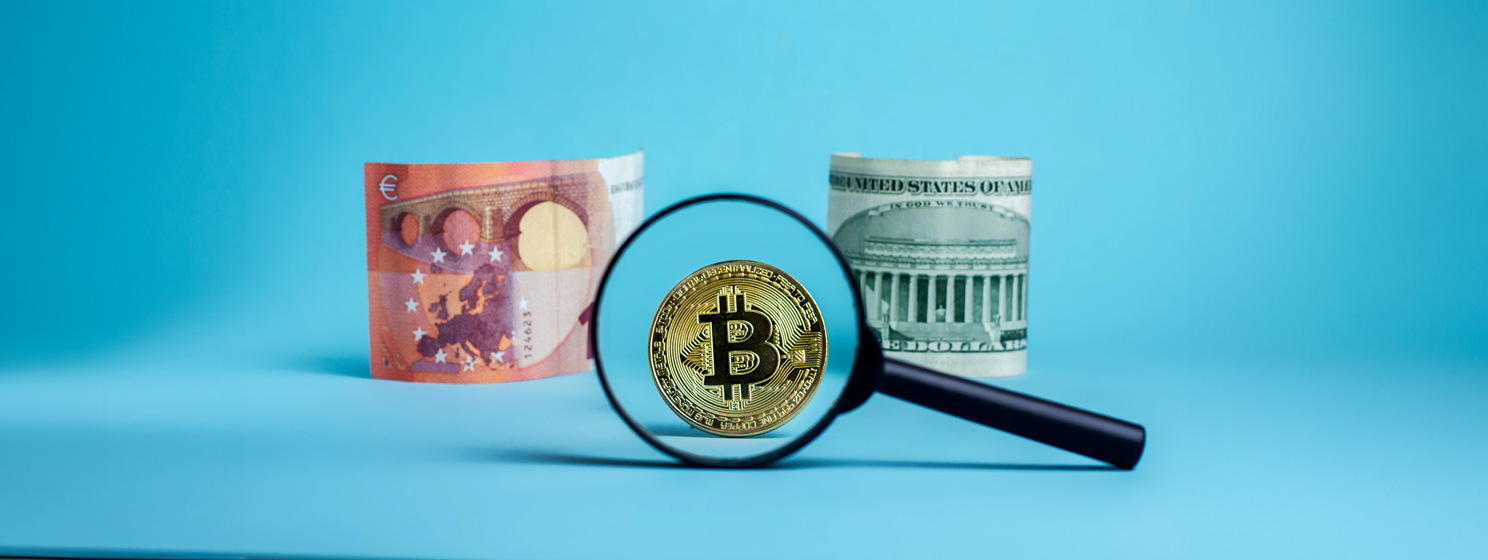|
Getting your Trinity Audio player ready...
|
As the digitization gale continues to blow across Southeast Asia, Vietnam is taking things up a notch by requiring facial recognition for digital transactions above $390.
The new policy change received validity from the State Bank of Vietnam at the start of July, with the banking regulator hinting at a strict enforcement of the rules. The move is an attempt by the central bank to improve the security of online financial transactions amid rising fraud incidents.
Under the new rules, individuals attempting to make payments through mobile bank apps and e-wallets must use artificial intelligence (AI)-powered facial recognition to verify their identity. The limit of $390 means the new policy will affect a range of transactions, including house rent payments, laptop purchases and air travel tickets.
Research from global cybersecurity firm Kaspersky pegged Vietnam’s web domain as the fifth most prone domain for data theft and cybercrime, prompting Vietnamese authorities to take new security measures.
While a number of conservatives have hailed the new policy, dissent over the facial recognition requirement has grown in the days since its unveiling. The loudest critics say payment companies’ facial data collection raises privacy concerns and a wave of data security risks.
Already, local payment firms are grappling with the massive task of technology upgrades to meet the central bank’s new minimum requirements. Firms must contend with the steep cost of implementing facial recognition systems and the additional funds required to maintain them.
Others are poking holes in the potential of facial recognition systems for errors, including false negatives, which could lead to bias against several demographics. While Vietnam is keen on growing its digital payments ecosystem, some experts claim that the policy could stunt the industry’s growth, potentially increasing cash transactions above the $390 mark.
However, there are still upsides to incorporating AI-based facial recognition for payments in Vietnam aside from improved security. For starters, there is the perk of convenience, allowing users to make payments without the hassle of recalling complex passwords and improving customer experience.
Vietnam embraces AI
Keen to embrace digitization, Vietnam has been placing large bets on AI in recent months, buoyed by strengthening bilateral ties with the United States. The Southeast Asian nation is investing heavily in educating its residents on AI and blockchain technology to power its digital revolution.
Private technology firms are angling for a piece of the pie, accentuated by the signing of a memorandum of understanding (MoU) between Vietnamese-based FPT and Nvidia (NASDAQ: NVDA) to build a semiconductor plant. Nvidia CEO Jensen Huang namechecked a number of local firms that the U.S.-based firm would be willing to do business with, including Viettel, Vingroup, and VNG.
In order for artificial intelligence (AI) to work right within the law and thrive in the face of growing challenges, it needs to integrate an enterprise blockchain system that ensures data input quality and ownership—allowing it to keep data safe while also guaranteeing the immutability of data. Check out CoinGeek’s coverage on this emerging tech to learn more why Enterprise blockchain will be the backbone of AI.
Watch: Improving logistics, finance with AI & blockchain

 02-27-2026
02-27-2026 




